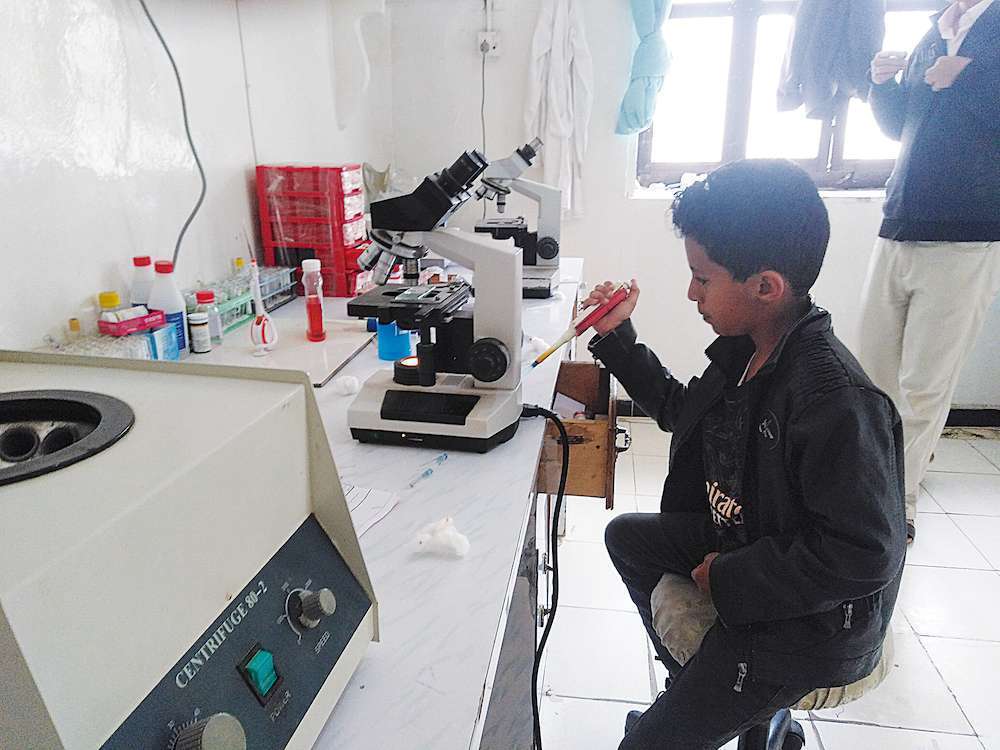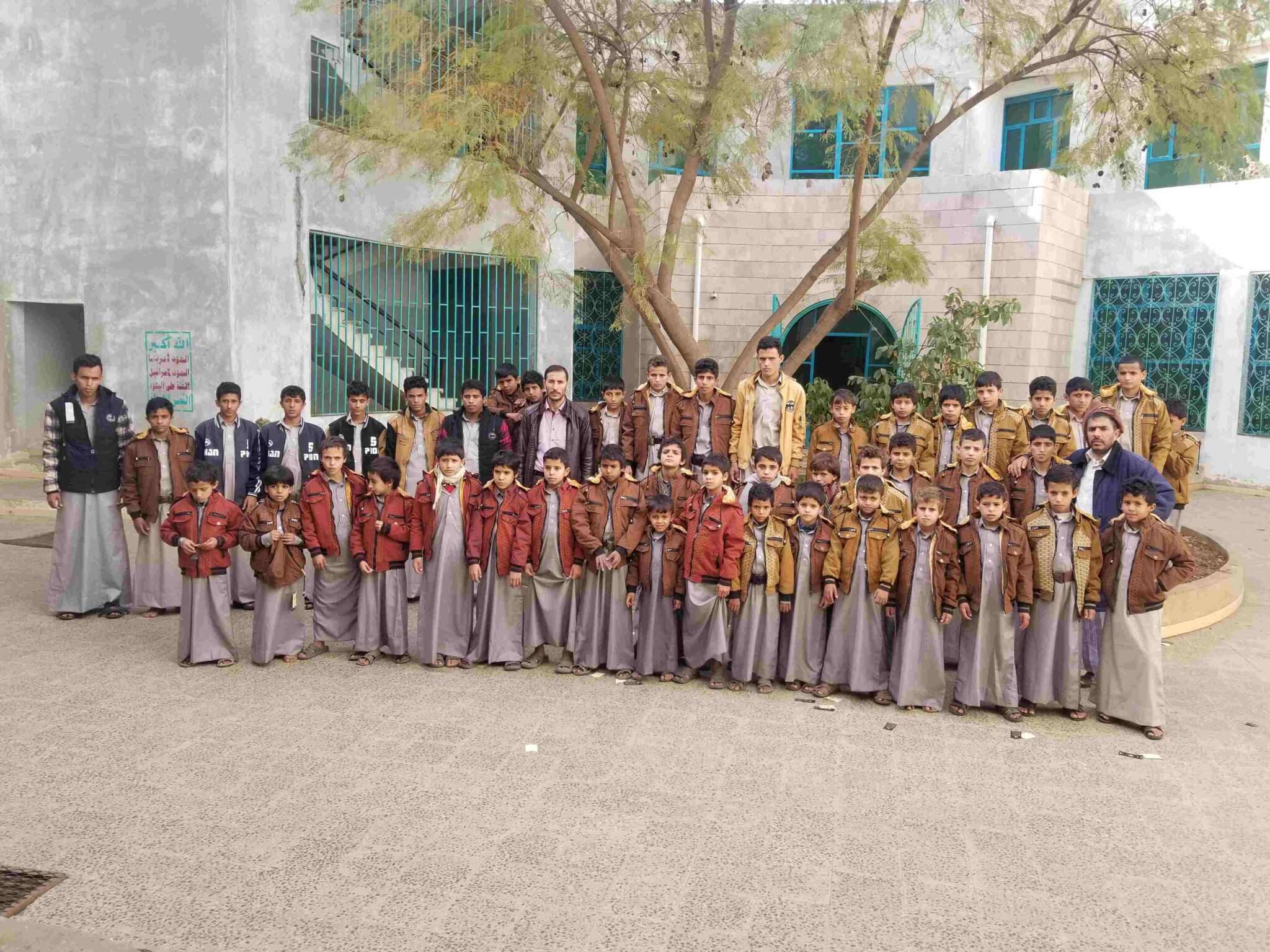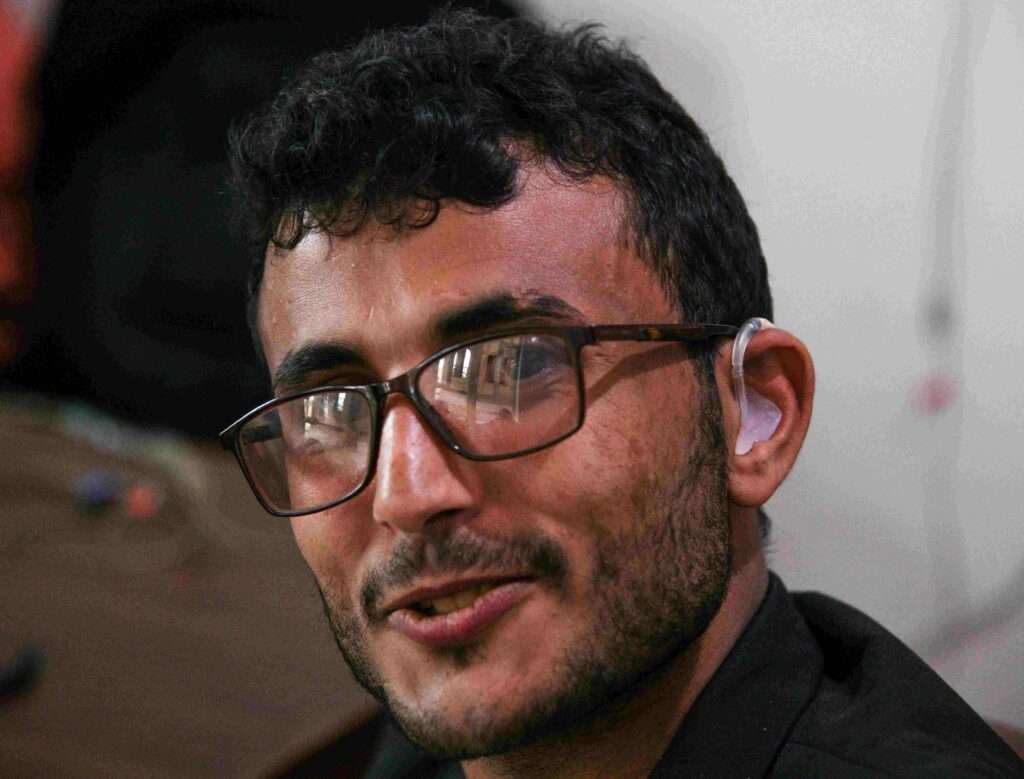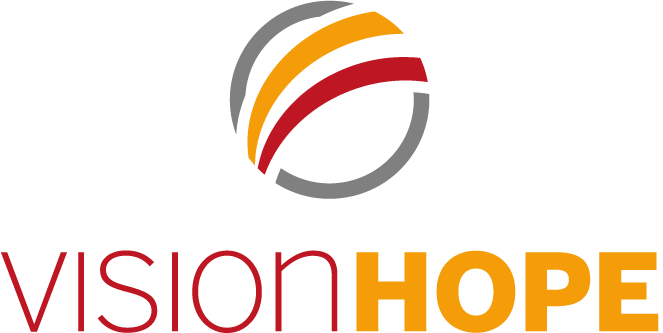Protection
Protection from exploitation
Caring for orphans, child mental health and rapid response to desasters
Orphaned children are particularly vulnerable to exploitation and trafficking, but providing them with shelter, daily meals, and education can help them rebuild their lives. Vision Hope has been working since 2017 to partner with the Hajjah Orphanage to provide this kind of security to dozens of boys. Through this partnership, the children receive education, nutritious meals, and the comfort of clean and warm beds, ensuring protection from exploitation.
In 2023, 68 orphans have had improved prospects for a healthy and fulfilling life, with access to education, nutrition, and medical care, and full protection from all forms of exploitation, neglect, abuse, and violence. The children no longer have to beg for food or face harassment from community members, as they are now part of broader community safety initiatives that safeguard their well-being.

In the conflict-torn regions of Aden and Lahj, VHI aims to enhance the mental health and psychosocial well-being of 2,500 children and their families. The project will achieve this by ensuring sustainable access to quality mental health services, strengthening support systems, and promoting mental health awareness. These initiatives are integral to broader community safety initiatives that seek to protect vulnerable populations from harm.
Key activities include establishing a children’s clinic, collaborating with 10 schools, and deploying a mobile team for psychological support. Specific services provided involve enhancing the capacity of the pediatric mental health unit, offering individual and group psychosocial support, improving school-based mental health services, raising public awareness, and advocating for mental health support. Overall, the project seeks to create a sustainable and supportive environment for children and families to thrive mentally and emotionally in Aden and Lahj, Yemen, while being a crucial part of community safety initiatives aimed at maintaining social well-being.

The first 72 hours following a disaster or displacement are crucial in determining the long-term well-being of families affected. To prevent massive loss of life and mitigate the impact of the cri- sis on displaced families and individuals, VHI provided life-saving assistance to newly displaced individuals and vulnerable families affected by natural disasters in 46 districts in Hajjah, Al-Hudaydah, Al-Mahwit and Raymah governorates.
The distributed integrated package consists of three bags addressing food security, protection and health to meet the main needs of the family over ten days, in partnership with UN-WFP, UNFPA, and UNICEF. These efforts are part of ongoing community safety initiatives aimed at protecting the most vulnerable during crises.


List of results for 2023
- Establishment and equipping of 6 warehouses in governorates for response services.
- Conducted monitoring of 7,859 displaced and disaster-affected families across targeted districts in 2023.
- Distributed 4837 immediate ready-to-eat ration kits, dignity and transit kits for females, and basic hygiene kits to IDPs and disaster-affected.
- Provided assistance to 4837 IDP households, including referrals for multi-purpose cash assistance and general food distribution, benefiting a total of 32024 individuals with 51.4% females.
- Provided support and incentives to 64 project participants, including 49 field volunteers and 15 casual laborers, community key informants, and mobilizers.
By supporting our community safety initiatives you can help us ensure vulnerable children and families are safe, healthy, and have the opportunity for a brighter future.



